China’s stock market has been hit hard recently, witnessing a staggering loss of more than $6.3 trillion, with indices sinking to five-year lows.
This financial turmoil has left experts and investors concerned about the nation’s economic prospects.
Economic Data Dampens Market Sentiment

Recent economic data from mainland China has contributed to the ongoing decline in stock values.
China’s GDP growth rate for the fourth quarter of 2023 fell short of expectations
Lower Than Expectation
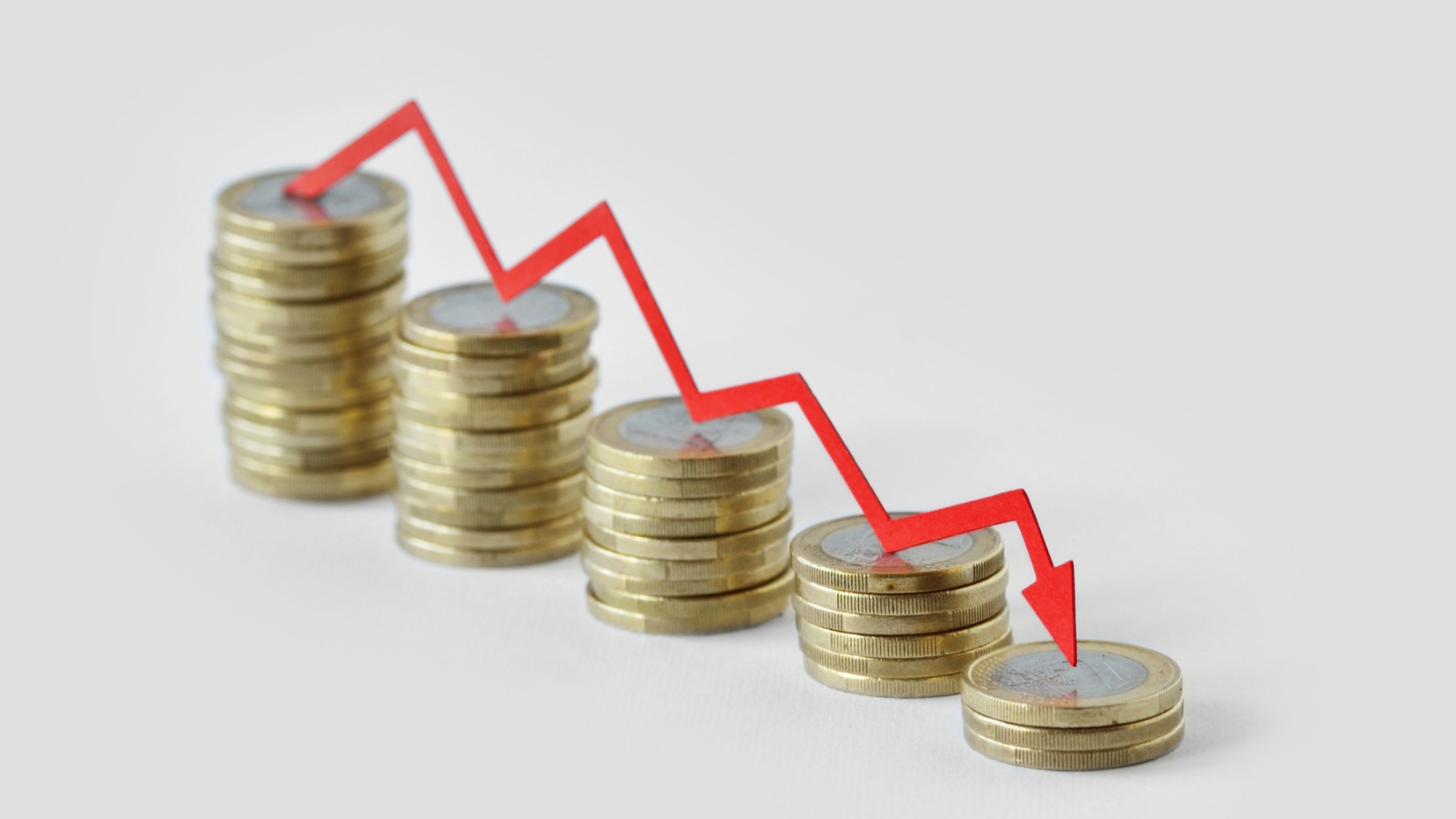
Coming in at 5.2 percent, the GDP growth was lower as compared to a forecasted 5.3 percent.
This disappointing growth has raised questions about the country’s economic transition.
Read More: These “Trump” Stocks Could Take Off if He’s Re-elected
Transition to Manufacturing and Services As Property Failing

Zhiwei Zhang, President and Chief Economist at Pinpoint Asset Management, commented on this transition, stating, “With investment in the property sector falling, the economy is more dependent on the manufacturing sector and service sector.
This transition will take time to be accomplished.”
Property Sector Woes and Market Impact

The “transition” in the “property sector” signifies a significant shift in China’s economic landscape.
The once-thriving construction industry has faced challenges such as overcapacity, the emergence of ghost cities, and financial crises among developers.
These issues have played a substantial role in the decline of Chinese and Hong Kong markets from their 2021 peak.
Tokyo Overtakes Shanghai

Additionally, Tokyo has overtaken Shanghai as Asia’s largest equity market, and India’s valuation premium over China has reached a record high.
These developments, coupled with a surge in mutual fund closures, have wreaked havoc on China’s asset management industry.
Also Read: Disney’s Lawsuit Against Florida Governor Ron DeSantis Gets a Boost
Stimulus Package Ruled Out
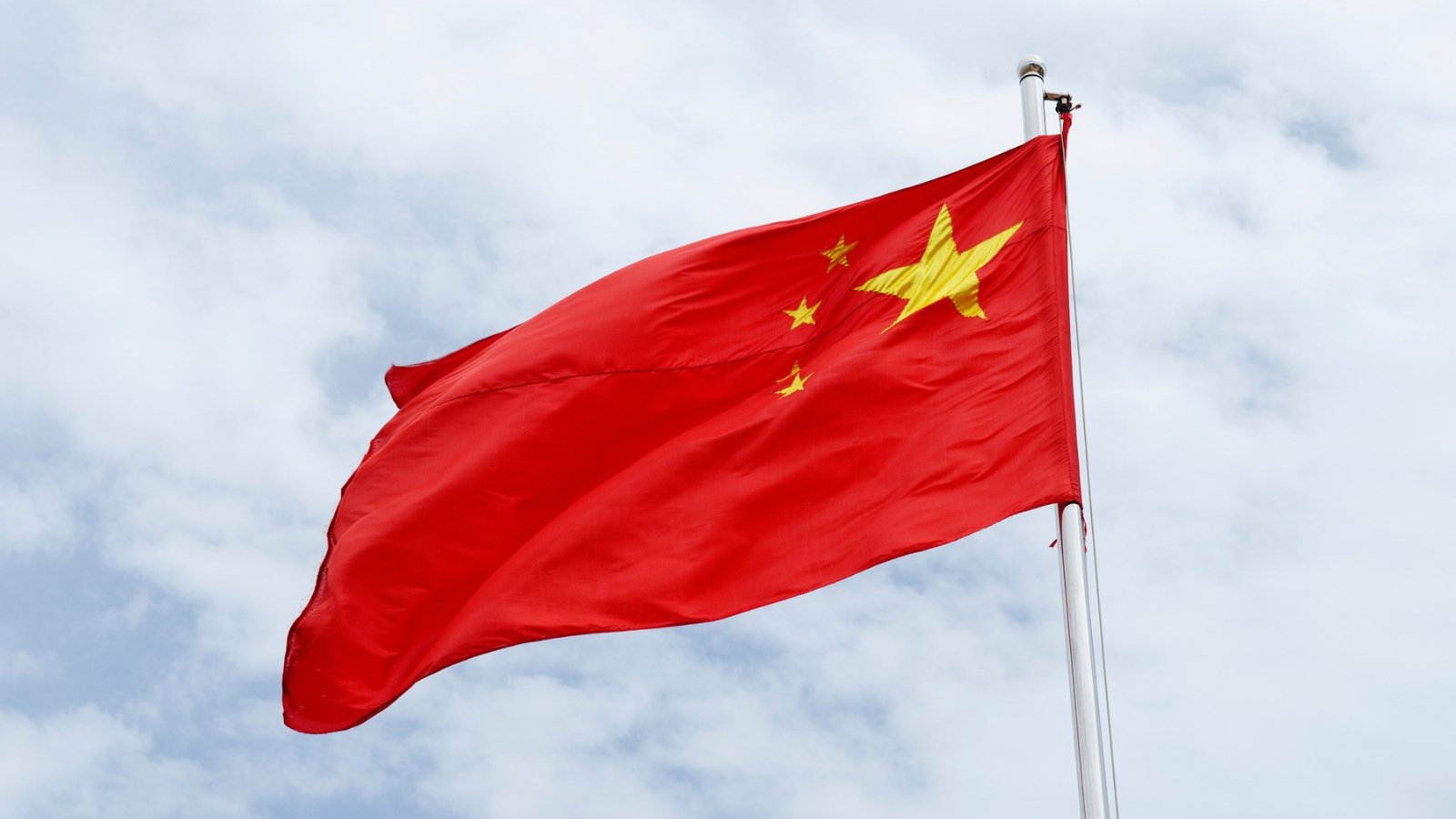
Despite the market downturn, Beijing has ruled out the possibility of implementing a stimulus package to halt the slide.
Policies Failing To Lift The Economy

Experts have noted that previous stimulus policies have failed to address fundamental issues, particularly in the property sector.
This lack of intervention has further contributed to the market’s uncertainties.
Deflation and Geopolitical Factors Weigh In

China continues to grapple with deflation as well as strained relations with the United States, affecting both trade and investor confidence.
Although Chinese Premier Li Qiang claimed that the country achieved its 5 percent annual GDP growth target without a stimulus package, many investors remain skeptical.
Read More: GOP Presidential Candidate Arrested on Federal Tax Charges
Market View of The Economy Dim

Xin-Yao Ng, Investment Director for Asian equities at abrdn, told the Western Journal, “The market might not even trust the 5 percent growth figure, it certainly has a much more negative view on the economy and definitely believes Beijing needs a big fiscal response.”
Demographic Decline
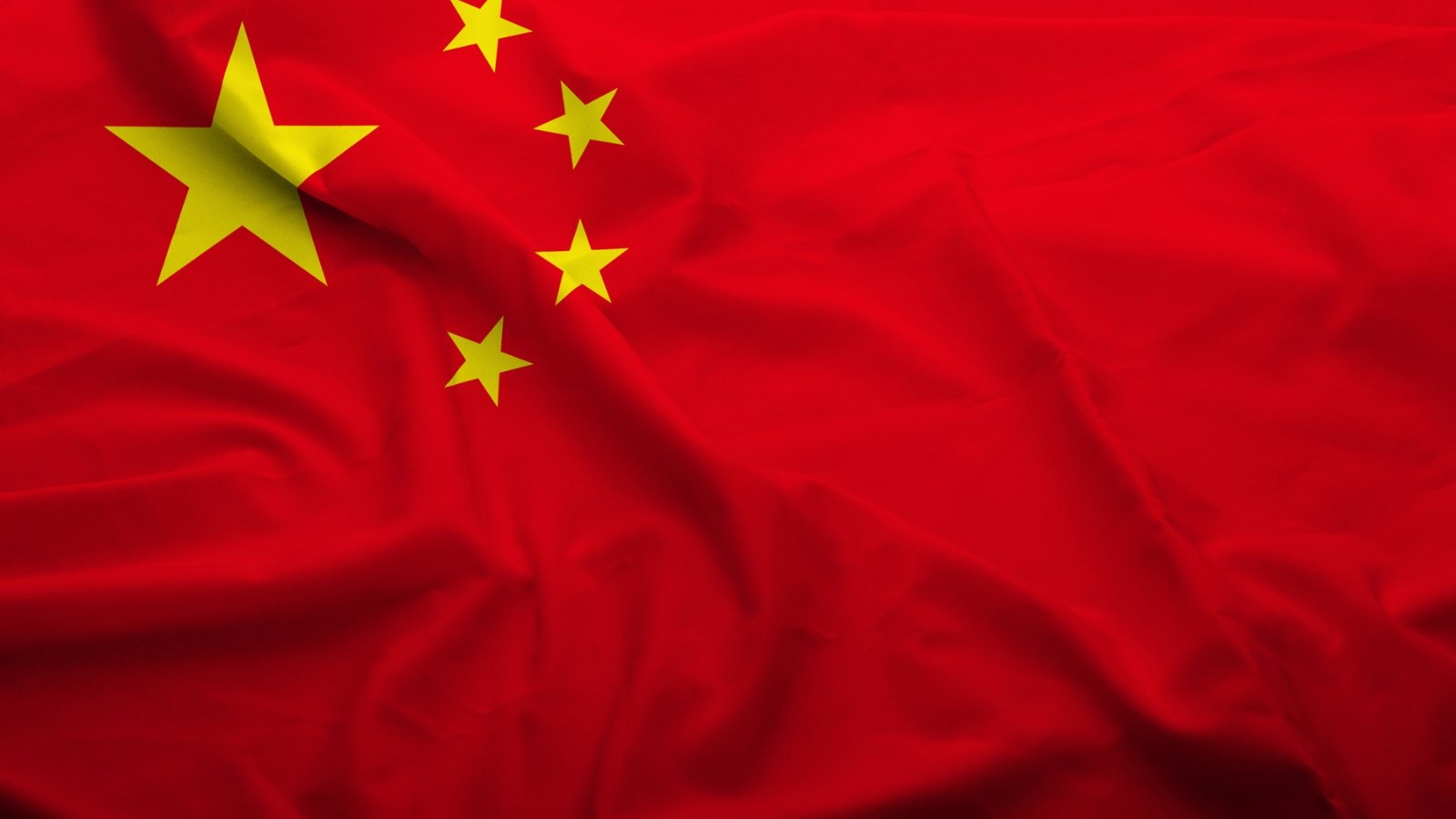
China faces another long-term challenge in the form of demographic decline.
Births have decreased for the seventh consecutive year, resulting in a declining population.
MY Ratio

One critical indicator, the “Middle-Young Ratio” (MY Ratio), which measures the ratio of middle-aged (35-49) to young (20-34) individuals, is still rising for now.
This has provided some positive momentum to Chinese markets.
Also Read: Former NRA Executive Pleads Guilty to Fraud; Agrees to Testify in New York AG Trial
MY Likely To Decline
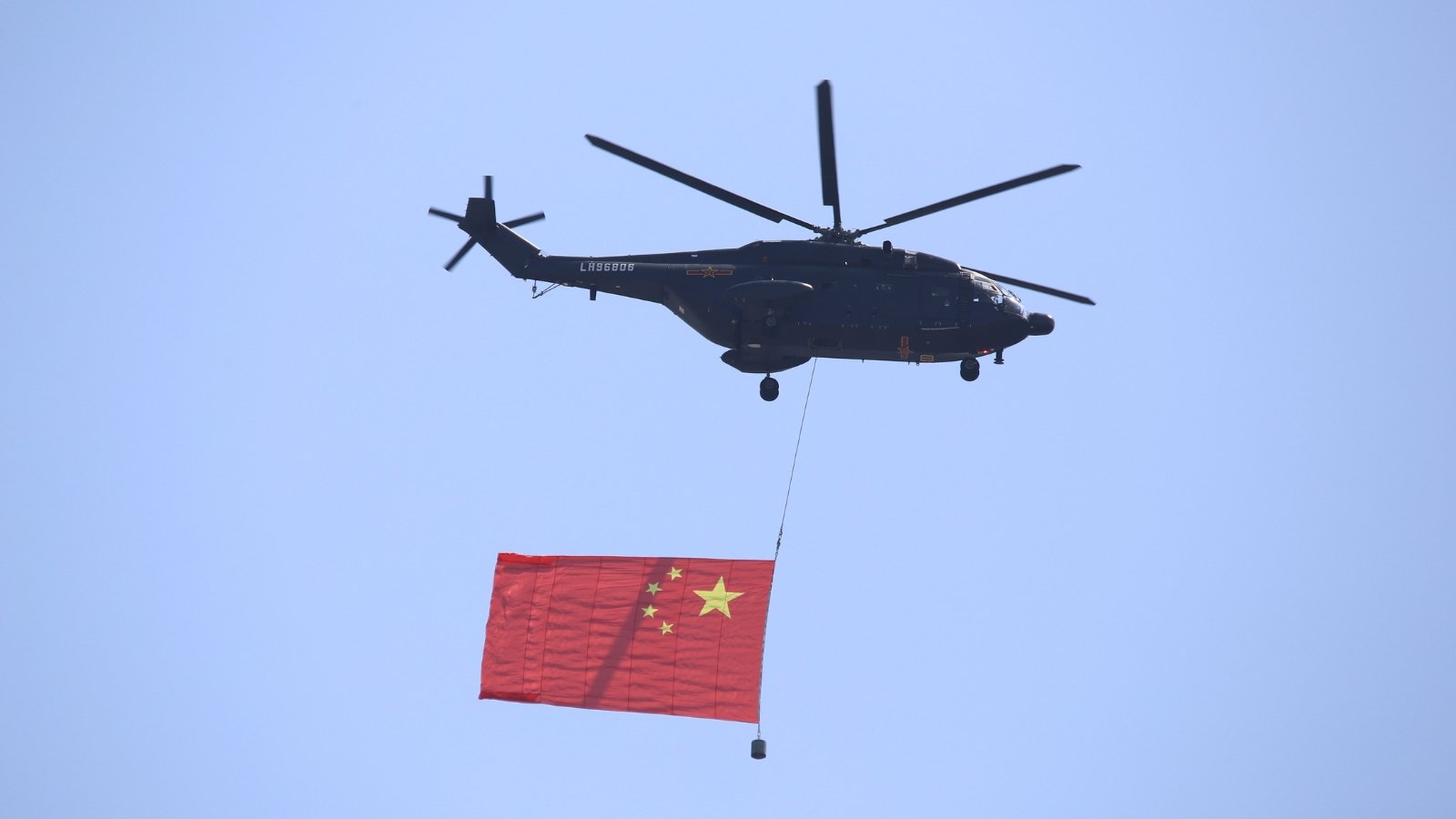
However, the MY Ratio is projected to decline after 2031, signaling a potential long-term downturn.
While the full impact may not be felt until 2059, this serves as a warning sign for China’s economic prospects.
Multiple Challenges on the Horizon

China’s economic challenges extend beyond the MY Ratio.
Issues like ghost cities, an aging population, a shift away from the “overachievement mindset,” political uncertainties, and currency volatility have created a complex web of challenges.
Significant Risks Ahead

These factors pose significant risks to China’s position as an economic powerhouse in the 21st century.
As the storm clouds gather over what was once touted as the world’s economic giant, investors and experts alike must navigate the uncertain path ahead for China’s stock market.
Read Next: Former Representative George Santos Pleads for Second Chance
More from The Stock Dork – Private U.S. Military Company in Discussion with Central African Republic


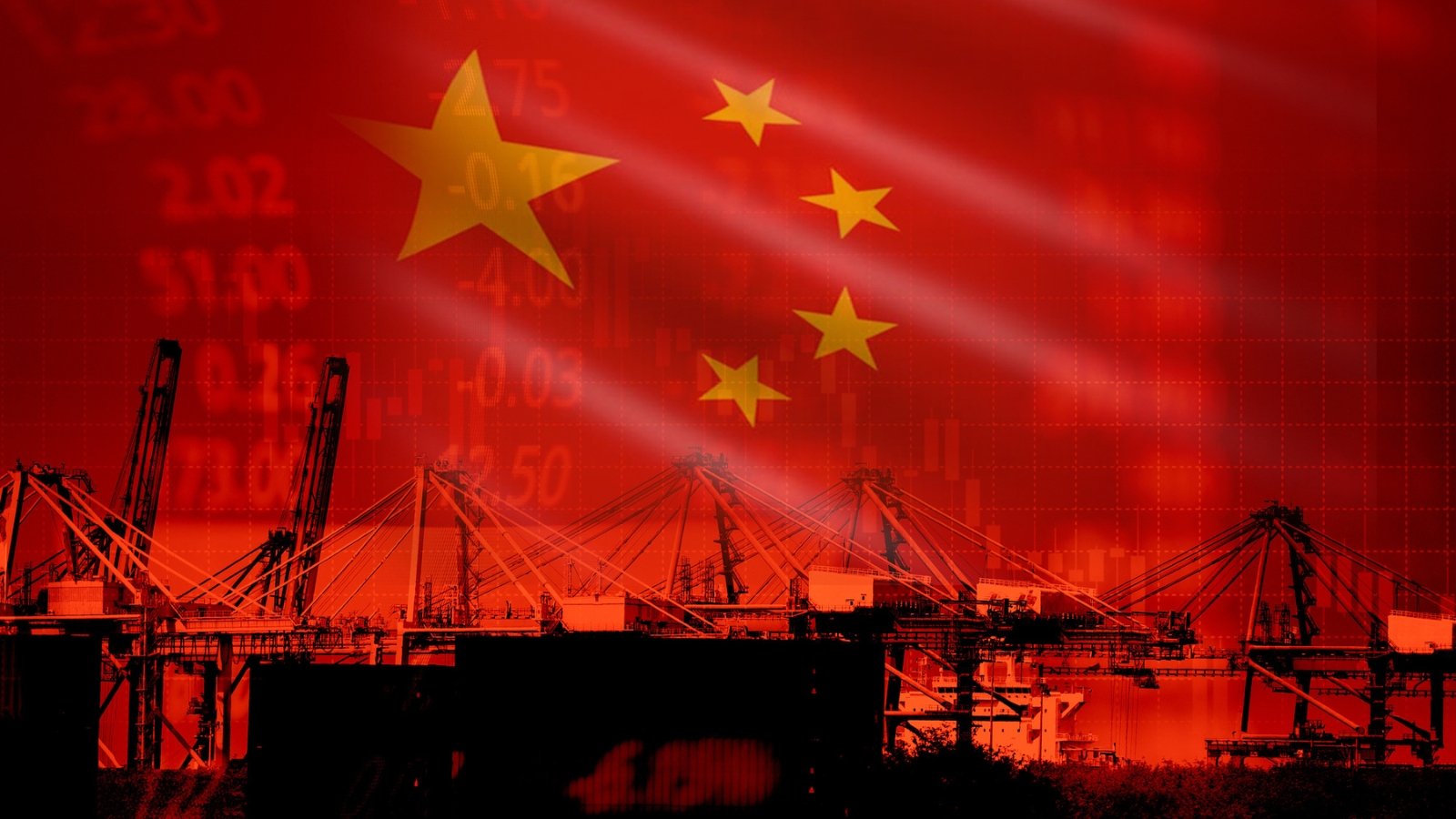


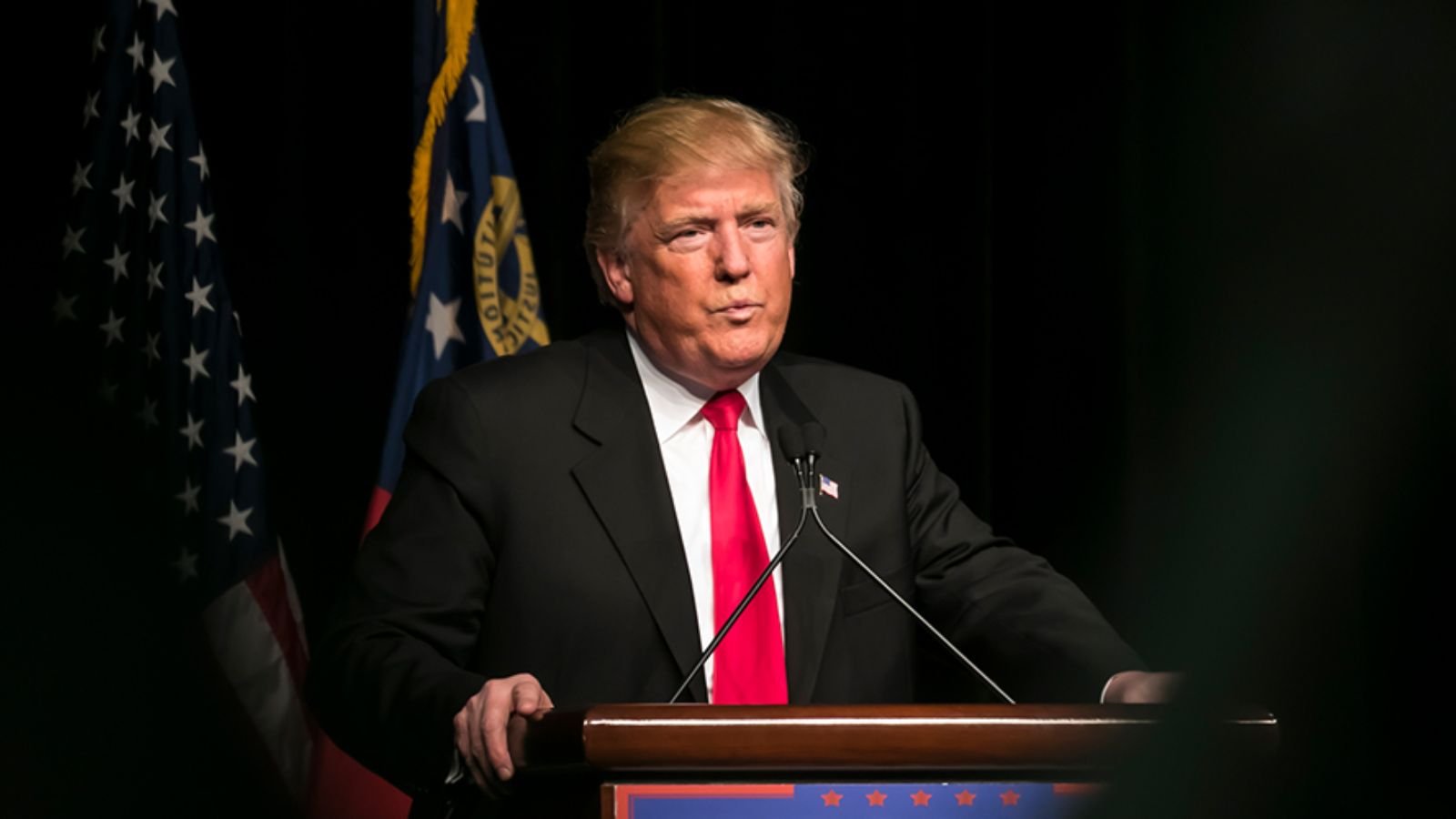

 Tags:
Tags:










